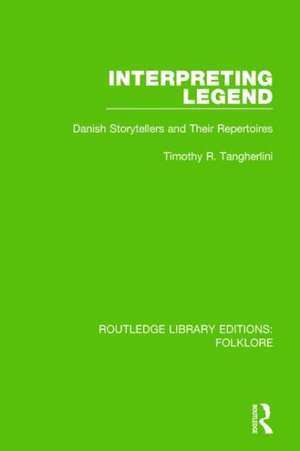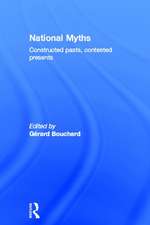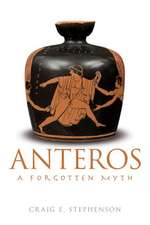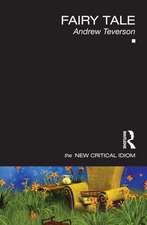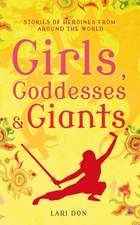Interpreting Legend (RLE Folklore): Danish Storytellers and their Repertoires: Routledge Library Editions: Folklore
Autor Timothy Tangherlinien Limba Engleză Hardback – 10 feb 2015
| Toate formatele și edițiile | Preț | Express |
|---|---|---|
| Paperback (1) | 416.22 lei 6-8 săpt. | |
| Taylor & Francis – 28 sep 2016 | 416.22 lei 6-8 săpt. | |
| Hardback (1) | 823.99 lei 6-8 săpt. | |
| Taylor & Francis – 10 feb 2015 | 823.99 lei 6-8 săpt. |
Din seria Routledge Library Editions: Folklore
- 12%
 Preț: 299.52 lei
Preț: 299.52 lei -
 Preț: 389.38 lei
Preț: 389.38 lei -
 Preț: 416.22 lei
Preț: 416.22 lei - 23%
 Preț: 446.00 lei
Preț: 446.00 lei -
 Preț: 416.22 lei
Preț: 416.22 lei -
 Preț: 198.45 lei
Preț: 198.45 lei -
 Preț: 415.24 lei
Preț: 415.24 lei - 17%
 Preț: 272.50 lei
Preț: 272.50 lei - 34%
 Preț: 765.43 lei
Preț: 765.43 lei - 12%
 Preț: 299.52 lei
Preț: 299.52 lei - 12%
 Preț: 299.52 lei
Preț: 299.52 lei - 18%
 Preț: 272.50 lei
Preț: 272.50 lei - 15%
 Preț: 602.65 lei
Preț: 602.65 lei - 21%
 Preț: 360.55 lei
Preț: 360.55 lei - 12%
 Preț: 299.52 lei
Preț: 299.52 lei -
 Preț: 416.22 lei
Preț: 416.22 lei - 33%
 Preț: 7488.82 lei
Preț: 7488.82 lei
Preț: 823.99 lei
Preț vechi: 1284.14 lei
-36% Nou
Puncte Express: 1236
Preț estimativ în valută:
157.67€ • 165.06$ • 130.46£
157.67€ • 165.06$ • 130.46£
Carte tipărită la comandă
Livrare economică 05-19 aprilie
Preluare comenzi: 021 569.72.76
Specificații
ISBN-13: 9781138843448
ISBN-10: 113884344X
Pagini: 392
Dimensiuni: 156 x 234 mm
Greutate: 0.68 kg
Ediția:1
Editura: Taylor & Francis
Colecția Routledge
Seria Routledge Library Editions: Folklore
Locul publicării:Oxford, United Kingdom
ISBN-10: 113884344X
Pagini: 392
Dimensiuni: 156 x 234 mm
Greutate: 0.68 kg
Ediția:1
Editura: Taylor & Francis
Colecția Routledge
Seria Routledge Library Editions: Folklore
Locul publicării:Oxford, United Kingdom
Cuprins
1. Legends and Legend Scholarship 2. Who, What, Why: A Methodology for Interpreting Legend 3. Who, To Whom: Kristensen’s Collection and Informants 4. Exceptional Legend Informants and their Repertoires 5. The Life and Legends of a Confirmed Bachelor: Peder Johansen’s Repertoire 6. Upward Mobility and Legend: Kirsten Marie Pedersdatter’s Repertoire 7. Spinning Yarn(s): Jens Peter Pedersen’s Repertoire 8. Conclusion
Descriere
This book, first published in 1994, sets ‘repertoire against raconteur’ in order to explore one of the world’s largest collections of folk literature. The author’s findings, and his creative and synthetic methodologies, enhance greatly our understanding of the world of the legend, and especially the basic question of ‘Who tells what to whom in the form of a legend and why?’ This work is an in-depth exploration of rural Denmark, and provides us with an excellent vantage point from which to understand legends in their cultural contexts and within the lives of their tellers.
